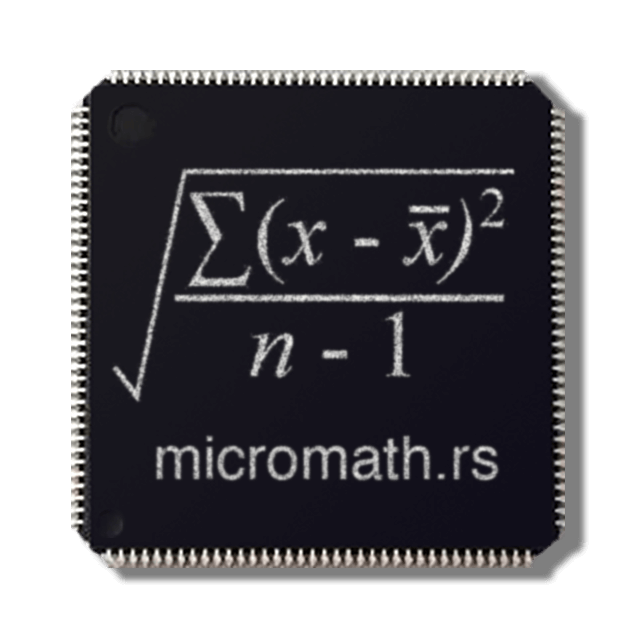1
2
3
4
5
6
7
8
9
10
11
12
13
14
15
16
17
18
19
20
21
22
23
24
25
26
27
28
29
30
31
32
33
34
35
36
37
38
39
40
41
42
43
44
45
46
47
48
49
50
51
52
53
54
55
56
57
58
59
60
61
62
63
64
65
66
67
use core::f32;
use core::i32;
pub const SIGN_MASK: u32 = 0b10000000_00000000_00000000_00000000;
pub const EXPONENT_MASK: u32 = 0b01111111_10000000_00000000_00000000;
pub const MANTISSA_MASK: u32 = 0b00000000_01111111_11111111_11111111;
pub const EXPONENT_BIAS: u32 = 127;
pub const MANTISSA_BITS: u32 = 23;
pub(super) trait FloatComponents<IntType = i32, UIntType = u32> {
fn extract_sign_bit(self) -> UIntType;
fn extract_exponent_bits(self) -> UIntType;
fn extract_mantissa_bits(self) -> UIntType;
fn extract_exponent_value(self) -> IntType;
fn without_sign(self) -> Self;
fn set_exponent(self, exponent: IntType) -> Self;
fn is_integer(&self) -> bool;
fn is_even(&self) -> bool;
}
impl FloatComponents for f32 {
fn extract_sign_bit(self) -> u32 {
(self.to_bits() & SIGN_MASK).overflowing_shr(32 - 1).0
}
fn extract_exponent_bits(self) -> u32 {
(self.to_bits() & EXPONENT_MASK)
.overflowing_shr(MANTISSA_BITS)
.0
}
fn extract_mantissa_bits(self) -> u32 {
self.to_bits() & MANTISSA_MASK
}
fn extract_exponent_value(self) -> i32 {
(self.extract_exponent_bits() as i32) - EXPONENT_BIAS as i32
}
fn without_sign(self) -> f32 {
f32::from_bits(self.to_bits() & !SIGN_MASK)
}
fn set_exponent(self, exponent: i32) -> f32 {
debug_assert!(exponent <= 127 && exponent >= -128);
let without_exponent: u32 = self.to_bits() & !EXPONENT_MASK;
let only_exponent: u32 = ((exponent + EXPONENT_BIAS as i32) as u32)
.overflowing_shl(MANTISSA_BITS)
.0;
f32::from_bits(without_exponent | only_exponent)
}
fn is_integer(&self) -> bool {
let exponent: i32 = self.extract_exponent_value();
let self_bits = self.to_bits();
let exponent_clamped = i32::max(exponent, 0_i32) as u32;
let fractional_part: u32 = (self_bits).overflowing_shl(exponent_clamped).0 & MANTISSA_MASK;
fractional_part == 0_u32
}
fn is_even(&self) -> bool {
if self.extract_exponent_value() >= 31 {
true
} else {
(*self as i32) % 2 == 0
}
}
}
